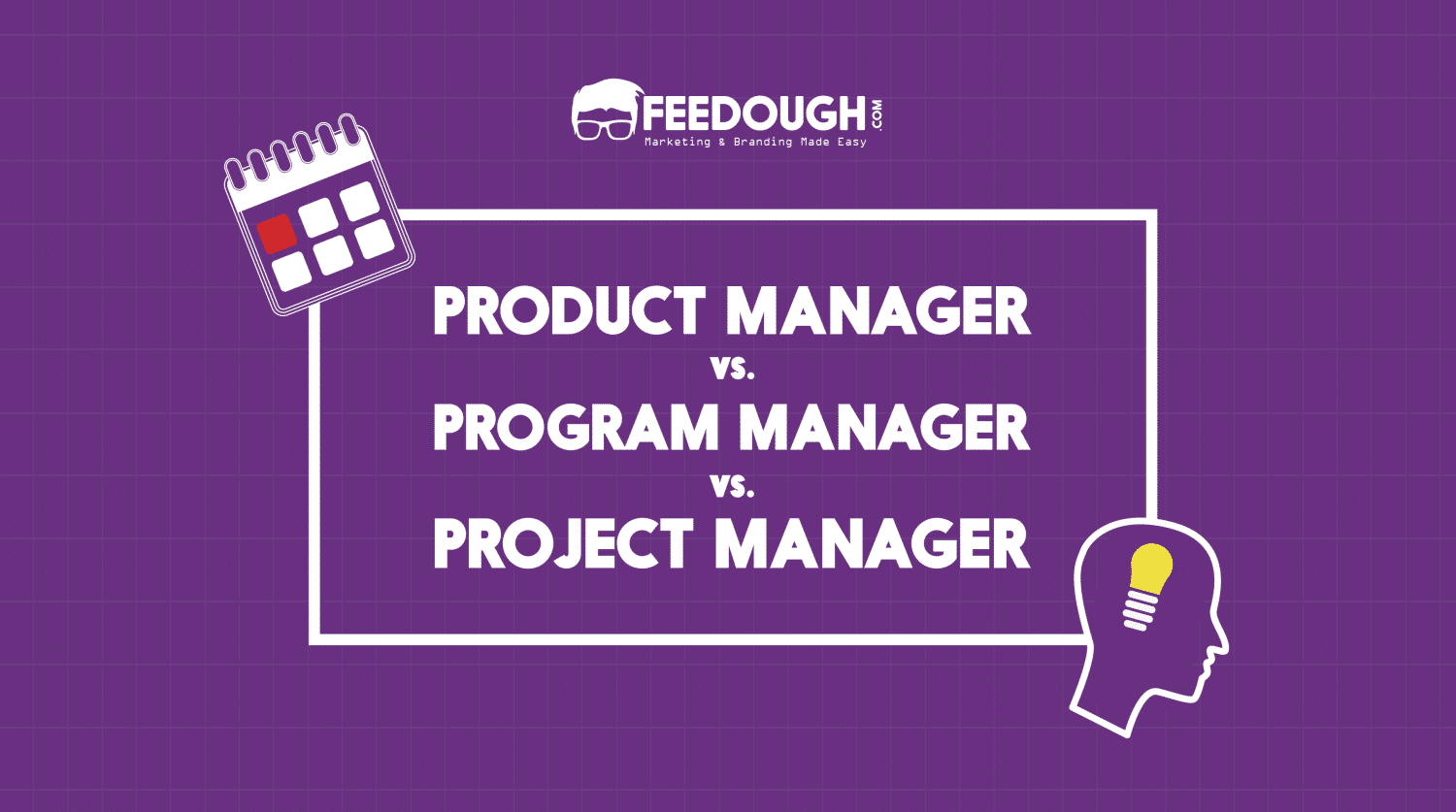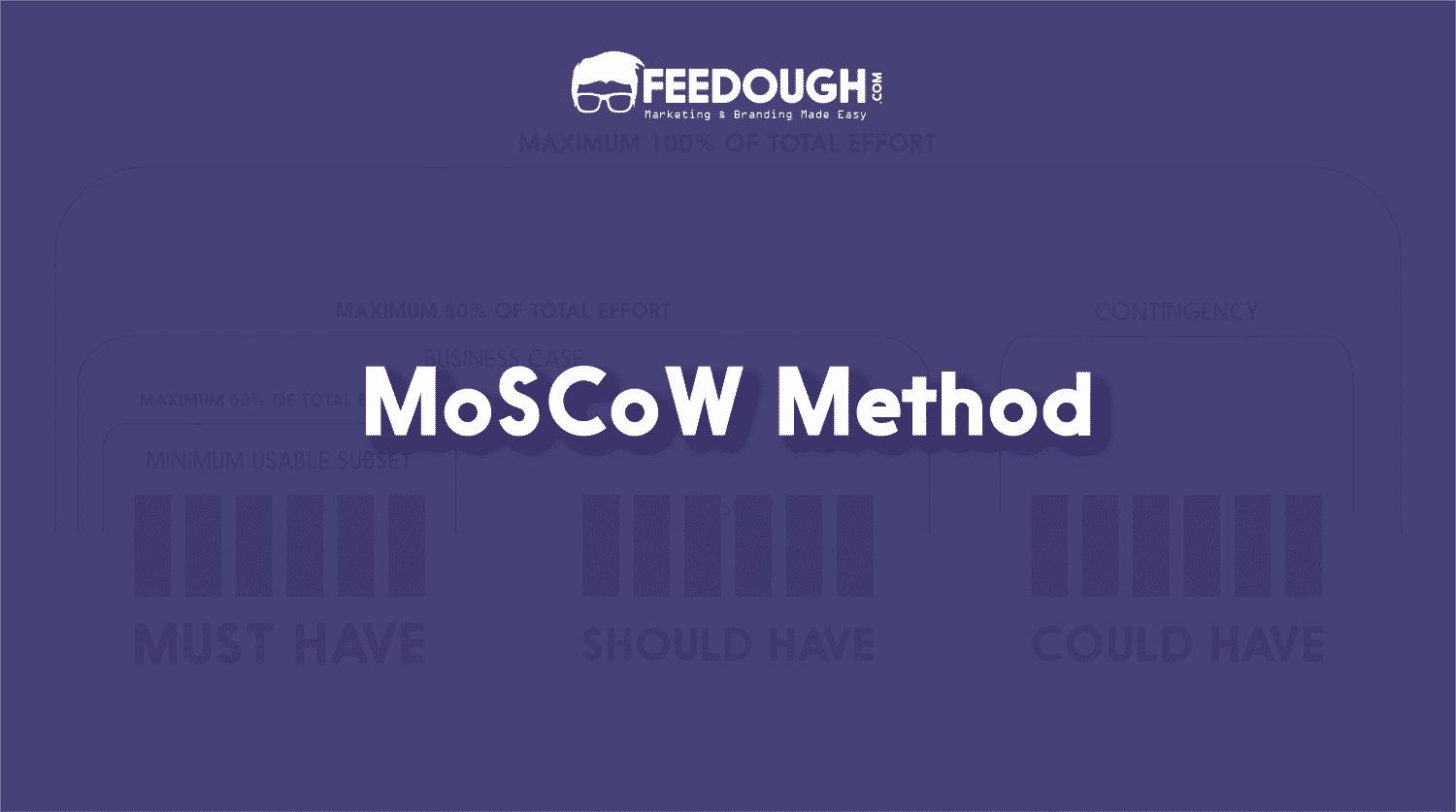Regulatory requirements are a big part of any business’s life cycle. The government generally sets them, and their implementation and enforcement vary from country to country. Compliance of all kinds can be cumbersome, especially if multiple stakeholders are involved. For example, the U.S. Food and Drug Administration (FDA) has several regulations and laws governing the manufacturing, labelling, marketing, and selling of food and beverages.
It is no wonder why most startups and businesses struggle to comply with these requirements. It takes immense time, resources, and manpower to meet regulatory requirements.
Regtech helps to simplify, streamline, and automate the regulatory compliance processes of your business. It can help you reduce the risk of fines, penalties, and legal implications.
This technology helps companies stay in compliance, protect consumers and regulators, and provide a smooth transition for innovation.
What Is Regtech?
Regtech or regulatory technology refers to the use of technology to enhance regulatory and compliance processes and reduce regulation-related risks, costs, complexity and compliance time.
This means that it provides a set of technology-powered tools and applications that allow businesses to process regulatory requirements and automate them to make the work easier, more efficient, and more profitable.
At the government level, it helps reduce the cost of compliance, increases the efficiency of regulatory processes, and improves the regulatory environment.
In addition, it also covers the use of these technologies to prevent, detect, and respond to any violations.
Regtech is most commonly used in the financial industry, but it can also be applied in other industries, such as energy, healthcare, and retail, to solve the regulatory and compliance challenges.
A perfect example of regtech is the electronic Know Your Customer (eKYC) process by which banks verify the identities of the people who open new accounts digitally. This KYC process is a major part of the banking regulations.
The KYC process is a critical part of the banking regulations, but it was usually a manual process requiring immense time and manpower.
However, by using the regtech, this process is now digitised, automated, and can be completed in less than 3 minutes.
Key Regulatory Challenges
It is a fact that the regulatory environment is changing fast, and it does not show any signs of slowing down. This, however, creates several challenges for the regulatory industry and the market players operating in this sector.
- Compliance: The biggest challenge for the regulatory industry is the compliance burden. In addition to that, the cost of compliance is also very high. It is not a surprise that compliance for a large enterprise can cost millions of dollars. Many businesses struggle to meet the compliance requirements of the various regulations and laws, which results in the loss of revenue and even the risk of fines and penalties.
- Efficiency: As regulations increase, the number of stakeholders involved in the process increases. This, in turn, increases the time taken to address compliance issues and hence the cost.
- Quality Assurance: As regulations become more complex, it becomes harder for businesses to ensure that their products and services meet the quality standards set by regulators. This is because it is very difficult to keep track of the different requirements and their implications.
- Cybersecurity: Cybersecurity has become a critical issue for the entire global economy. As the cyber threats grow, the regulatory industry has to address them and keep the risks under control.
- Risk Analysis: Risk analysis is another critical issue that needs to be addressed by the regulatory industry. As the regulatory environment becomes more complex, the risks involved in the business also increase. Therefore, companies must address these risks.
- Monitoring: Manual monitoring is not the best way to monitor the regulatory environment. This, in turn, increases the risk of violations. Therefore, it is essential to have a monitoring system to monitor the risks in real-time and address them immediately.
Regtech Use Cases
Regtech is a term that refers to the use of technology to improve the regulatory and compliance landscape. Some of the use cases are:
- Compliance & Regulatory Technology: Compliance and regulatory technology allow businesses to comply with the various regulations and avoid the fines and penalties that come with them.
- Data Integration: Data integration helps collect and transfer data across multiple systems. This helps reduce the time required to transfer data and therefore improve the overall workflow.
- Regulatory Compliance Management: Regulatory compliance management is the process of identifying and addressing regulations, standards, and requirements to comply with those rules. Regtech helps identify regulations and makes sure the company is complying with them.
- Market Intelligence: Market Intelligence helps to track the various market trends and conditions. It can help the market participants to stay informed about the various laws and regulations that affect them.
- Data Quality Management: Data quality management is the process of identifying and fixing data errors that may occur during data entry. In the world of regtech, data quality management is the process of verifying the accuracy of the data through the use of software.
- Regulatory Information Sharing: Regulatory information sharing is sharing regulatory information among all the stakeholders involved in a particular business. This is done by creating a central repository where regulatory information is stored and accessible to all users.
- Digital Identity: Digital identity helps identify a person by providing a set of data such as name, address, date of birth and other personal information. It also helps in the verification of the data to ensure that the data is true and accurate. It is also useful for the management of an organisation’s memberships and records.
- Anti-money laundering: Anti-money laundering is the process of screening transactions and individuals who wish to use a bank account or any other form of payment. This prevents people from using their funds for illegal purposes.
- Consumer Protection: Consumer protection is when a government agency is responsible for ensuring that individuals are not harmed by the products or services they purchase.
- Cryptocurrency Regulation: Cryptocurrency regulation is when a government agency is responsible for ensuring that the use of cryptocurrencies is in line with the law.
- Transaction Monitoring: Transaction monitoring is the process of tracking the movement of money and its use. It helps in the identification of money laundering, the detection of tax evasion and the prevention of other illegal activities.
Regtech Startups & Companies
Regtech startups are changing the regulatory landscape by creating innovative and user-friendly solutions that make it easier for companies to comply with the various regulations.
The following are some of the most popular regtech startups:
Chainalysis
Chainlysis is a leading blockchain-based company focusing on investigation, compliance and risk management tools with an aim to stamp out money laundering, fraud and compliance violations in the cryptocurrency sector.
It has helped several digital payments companies like Gemini, Nets, etc., validate Bitcoin transactions and comply with federal regulations.
Hummingbird
Boasting itself as a CRM for compliance and risk teams, Hummingbird offers an anti-money laundering platform to banks, fintech, lending and credit companies.
The company offers a niche CRM helping compliance and risk teams get more work done in a systematic, automated, and more graphic manner to help AML crime fighters catch financial criminals sooner and on a wider scale.
Sift Science
Sift uses AI, ML, and big data to help companies detect fraud, delete fake accounts and identify money laundering.
In order to give clients a better idea of who is making a payment or abusing the system, the company uses machine learning to assign “SiftScore” to each user.
Future Of Regtech
Regtech companies have made huge strides in their work in recent times. Regulatory compliance, efficiency, fraud prevention, digital identity are just a few of the many innovations in the field.
One of the most significant trends in the regtech industry is the use of AI, ML, and blockchain to make it easier for businesses to comply with regulations.
These technologies will help:
- Reduce non-compliance fines that have crossed over $200 billion since 2008,
- Comply with the dynamic regulatory landscape,
- Transform the way regulatory landscape work.
In the future, there is no doubt that regtech companies will continue to grow and the field will only get more complex and diverse.
Go On, Tell Us What You Think!
Did we miss something? Come on! Tell us what you think of this article on regtech in the comment section.
A startup consultant, digital marketer, traveller, and philomath. Aashish has worked with over 20 startups and successfully helped them ideate, raise money, and succeed. When not working, he can be found hiking, camping, and stargazing.






![How To Start A Business Abroad [Complete Guide] Start A Business Abroad](https://www.feedough.com/wp-content/uploads/2024/06/Start-A-Business-Abroad-150x150.webp)
![How To Start A Business Internationally [Detailed Guide] Start a business internationally](https://www.feedough.com/wp-content/uploads/2023/07/Start-a-business-internationally-150x150.webp)
